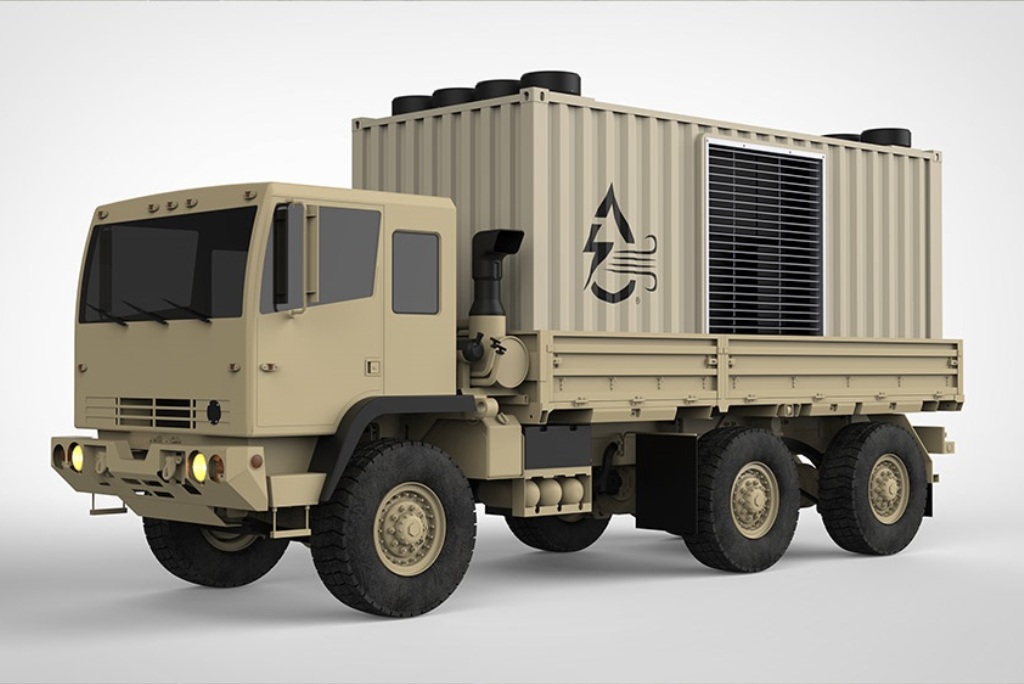Rising Allegations of War Crimes: Ukraine’s Response to Executions of POWs
Context of the Conflict
Since the onset of the full-scale invasion of Ukraine by Russian forces in February 2022, allegations concerning the treatment of prisoners of war (POWs) have come to the forefront of international discourse. Ukraine has initiated formal investigations into multiple instances of alleged executions, underscoring ongoing humanitarian concerns amid the conflict.
Probes into Execution Allegations
Ukrainian authorities recently announced they are conducting inquiries into the reported executions of 268 of their soldiers by Russian troops. This announcement reflects systemic concerns over the treatment of captured military personnel. The Ukrainian government has consistently charged Moscow with carrying out unlawful killings, particularly targeting those surrendering or already incapacitated on the battlefield.
Key Findings in Investigations
- Criminal Proceedings: According to Ukraine’s Prosecutor General, 75 criminal cases have been established concerning the killings of the aforementioned POWs since the invasion’s commencement.
- Breakdown of Cases:
- 2022: 57 cases
- 2023: 11 cases
- 2024: 149 cases
- 2025: 51 cases reported thus far
The increase in reported incidents is attributed to directives from Russian leadership, both political and military, indicating a troubling pattern of behavior.
Observations by International Bodies
Recent assessments from a United Nations mission operating in Ukraine have noted a "significant rise" in the reported executions of captured Ukrainian soldiers. Since August 2024, there have been 79 documented instances of killings, amplifying scrutiny of Russian military tactics.
Emergence of Visual Evidence
Several videos purportedly showcasing the execution of Ukrainian soldiers have circulated on social media platforms. These recordings depict stark and shocking scenes, often illustrating executions conducted at close range, further intensifying calls for accountability on the part of Russian forces.
Kremlin’s Denial of War Crimes
In response to the allegations, the Kremlin has dismissively refuted claims of war crimes, redirecting accusations toward Ukraine regarding its treatment of captured Russian troops. This reciprocal blame game highlights the significant challenges in establishing a universally accepted narrative within the conflict.
Wider Implications
The United Nations has highlighted issues of humanitarian access, noting that prisoners from both sides—Russian and Ukrainian—have faced inhumane conditions, including torture and maltreatment. Such conditions exacerbate the longstanding issues related to conflict aftermath and international humanitarian law.
Conclusion: A Call for Accountability
The situation surrounding the treatment of POWs in the Ukraine conflict necessitates robust international attention and scrutiny. As investigations continue and evidence mounts, the call for an independent tribunal to address alleged war crimes becomes increasingly critical. Accountability mechanisms are essential not only for justice but also for ensuring compliance with international laws governing armed conflict.
The intricate dynamics of this war reveal the deep-seated challenges facing both nations as they navigate the fractured landscape of warfare and human rights, making it imperative for defense policy analysts and global leaders to remain vigilant and proactive in their responses.





